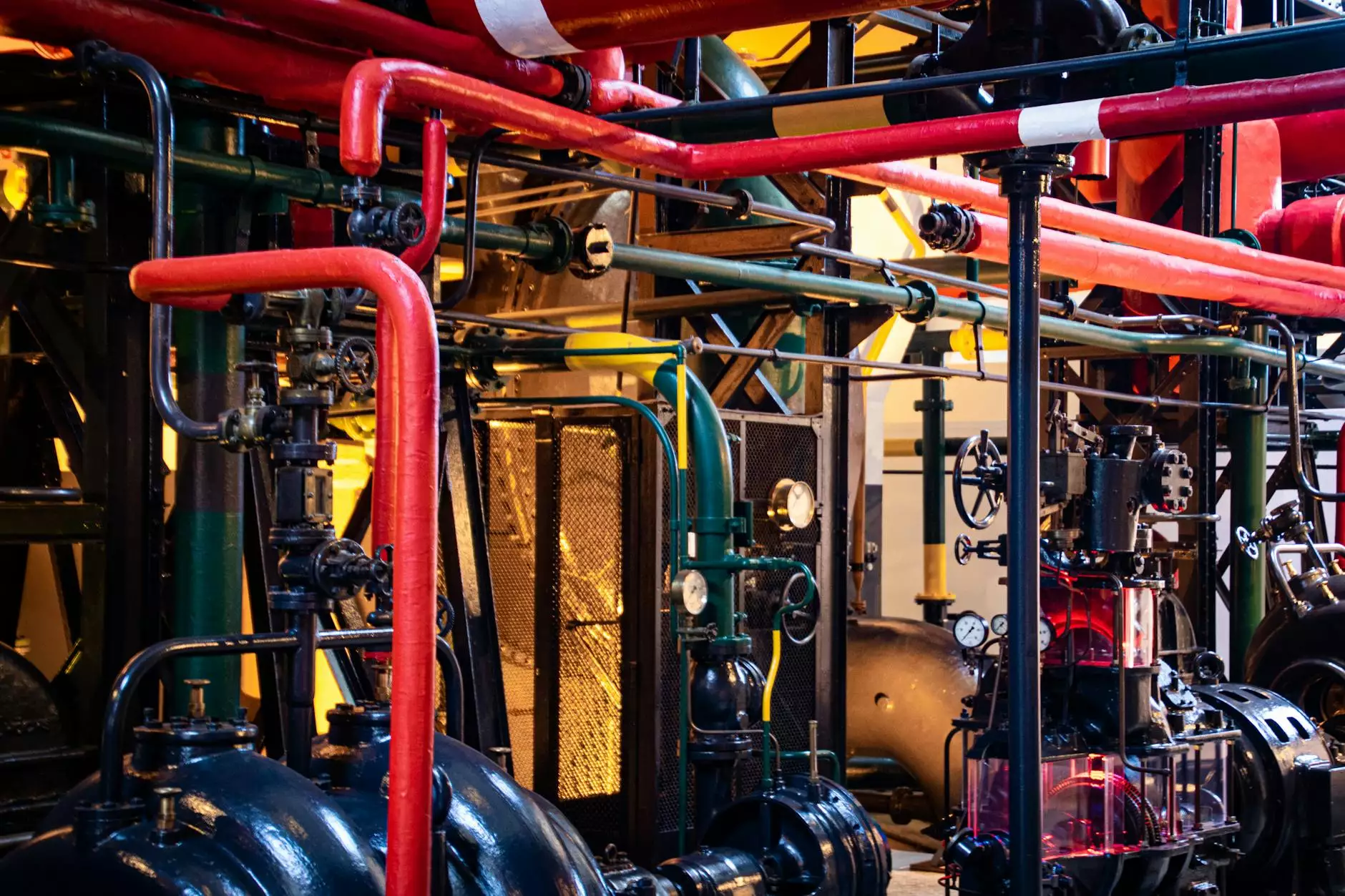Understanding Valve Body Price in Automotive Components

The automotive industry is a complex labyrinth of technology and engineering, with every component playing a critical role in a vehicle's performance and safety. One of these essential components is the valve body, which is pivotal for the operation of an automatic transmission. In this article, we will delve deep into the valve body price, factors influencing its cost, and its significance in the automotive industry.
What is a Valve Body?
The valve body is often described as the "brain" of an automatic transmission. It directs hydraulic fluid to various channels, facilitating gear shifts within the transmission. A well-functioning valve body ensures that your vehicle shifts smoothly and responds promptly to driver input, which is vital for ensuring both performance and safety.
Components of the Valve Body
A valve body comprises multiple critical components:
- Valves: Responsible for regulating fluid flow within the transmission.
- Solenoids: Electrically controlled valves that actuate the hydraulic mechanisms.
- Passages: Channels that guide the transmission fluid to necessary parts of the transmission.
- Gaskets: Seals that prevent fluid leaks and maintain pressure.
Factors Influencing Valve Body Price
The price of a valve body can vary significantly based on several factors:
1. Material Quality
Valve bodies are usually made from aluminum or cast iron. Aluminum is lighter and more responsive but may be more expensive due to increased performance characteristics. Conversely, cast iron offers durability but at a higher weight.
2. Brand and Manufacturer
Top-tier automotive brands often charge a premium for their components. Recognized brands typically have rigorous quality control standards, which can justify a higher valve body price. However, purchasing from reputable aftermarket manufacturers can also provide a balance between quality and price.
3. Complexity of Design
Some modern vehicles have more complex valve bodies equipped with advanced technology such as adaptive shift programming. These sophisticated designs will generally command higher prices due to their intricacy and the engineering expertise required for production.
4. Vehicle Compatibility
The specific make and model of a vehicle significantly affect the valve body price. Rare vehicles or those with specialized transmissions may require custom valve bodies, escalating costs further. Always ensure compatibility with your vehicle to avoid unnecessary expenses.
The Importance of Valve Body Maintenance
Regular maintenance and inspection of the valve body are crucial for long-term vehicle health and performance. Ignoring signs of wear can lead to significant transmission problems that may require costly repairs or complete replacement. Here are some tips for maintaining your valve body:
1. Regular Fluid Changes
Transmission fluid serves both as a lubricant and hydraulic fluid. Regularly changing the fluid according to the manufacturer's recommendations will help maintain the valve body's functionality.
2. Monitoring for Leaks
Fluid leaks can indicate problems with the valve body's seals or gaskets. Promptly addressing any signs of leakage can prevent further damage and costly repairs.
3. Professional Inspections
Having a professional inspect your transmission system can catch potential problems before they escalate, ensuring your valve body stays in excellent condition.
Buying a Valve Body: What to Consider
When in the market for a valve body, here are key factors to keep in mind:
1. New vs. Remanufactured
New valve bodies come with a warranty and are often more reliable. However, remanufactured units can offer a lower price without significantly sacrificing quality, provided they come from a reputable source.
2. Warranty and Return Policy
Always check the warranty information and return policy before making a purchase. This step ensures you have recourse if the product does not meet quality expectations.
3. Supplier Reputation
Research the supplier, read reviews, and ensure that they have a good track record in the industry. Websites such as shenghaiautoparts.com provide valuable insights into automotive parts and can help you make an informed decision.
Conclusion
The valve body price is an essential consideration for any vehicle owner, especially those with automatic transmissions. Understanding the factors affecting this price, how to maintain the valve body, and what to look for when purchasing can save you considerable time and money. By prioritizing quality and compatibility, you can ensure that your vehicle operates smoothly and efficiently.
Frequently Asked Questions (FAQs) about Valve Body Prices
Q1: How much does a valve body typically cost?
A: The price can range from $200 to over $1,000, depending on the factors discussed, such as the manufacturer and vehicle model.
Q2: Can a faulty valve body affect vehicle performance?
A: Yes, a malfunctioning valve body can lead to erratic shifts, slipping gears, and increased wear on the transmission.
Q3: Is it advisable to buy a used valve body?
A: While purchasing used can save money, it's crucial to ensure the part is in good condition and compatible with your vehicle to avoid future issues.
Q4: What should I do if I suspect my valve body is failing?
A: Have a professional mechanic diagnose the issue. Timely intervention can often resolve potential problems before they require extensive repairs.









